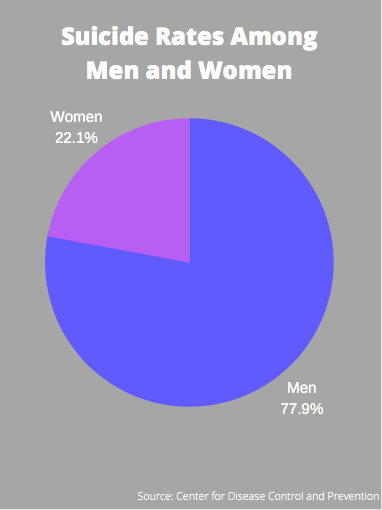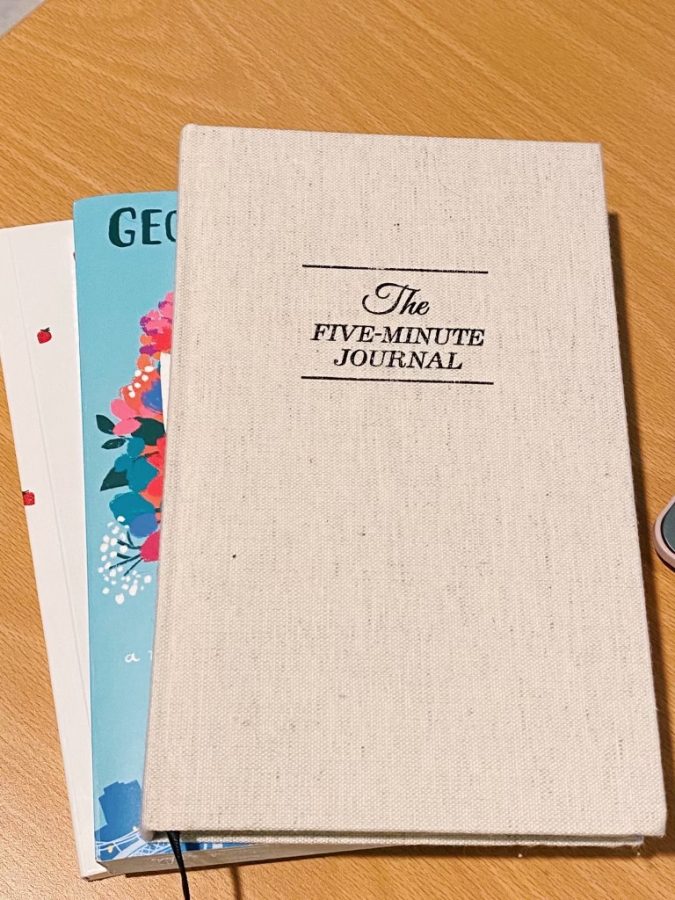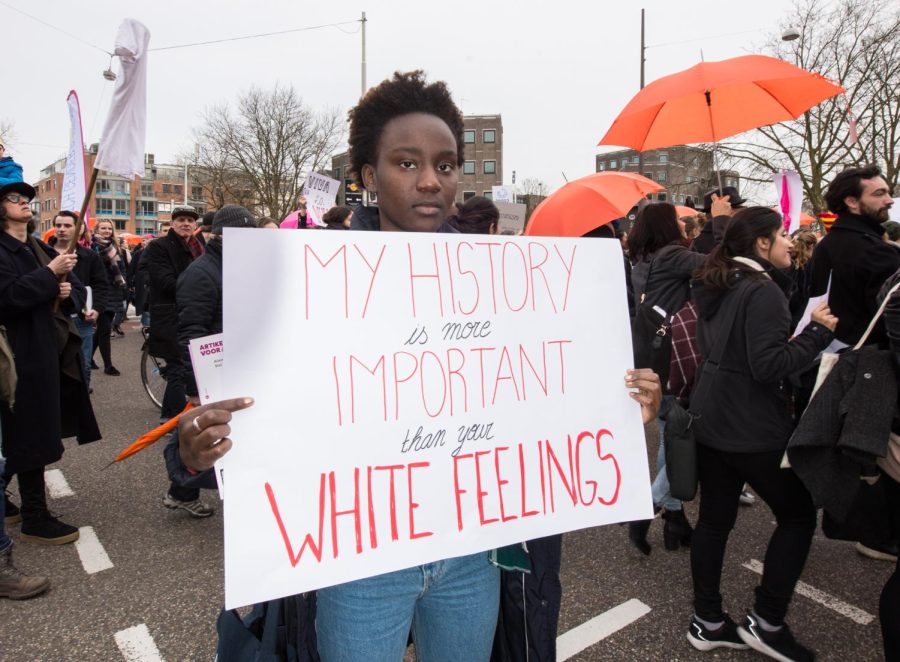
Men must embrace both their masculinity and femininity in order to fulfill their humanity to the fullest extent.
As boys enter adulthood, they are taught by other men to hide their anxieties, fears, joys and nearly all emotion. They hear things like, “Man up” or “You’re acting like a girl” when expressing sympathy or sharing personal struggles.
Boys are often told to avoid seeking emotional support or showing emotions and distress. The Good Men Project, a media outlet focusing on men’s stories and experiences, explains that men, more often than not, avoid telling their loved ones about their personal distresses and concerns because they want to protect themselves.
Additionally, different stereotypes often confine men throughout their lives. Men must be smart, ambitious, dominant and “the breadwinners.”
If men identify themselves as feminists, they are seen as lesser men. If they are sincere, gentle or sentimental or show their stress and struggles, they are also labeled “simps,” a misogynistic term that labels sympathetic and “soft” men as unmanly.
Under the pressure of these stereotypes, boys and young men can experience detrimental effects on their mental health and well-being.
Men, compared to women, are more likely to use all types of drugs as well as be admitted to the hospital for overdosing, according to the National Institute on Drug Abuse.
Men also account for roughly 78% of suicides, which is an alarmingly high percentage. Society’s conformity and beliefs regarding men’s emotional health further propel and enhance these facts.
The status quo of traditional masculinity — where men must hide their feelings — forces men to keep their struggles to themselves and avoid showing any weaknesses. This is unacceptable.
Men should embrace their “feminine” characteristics just as much as they are taught to embrace their “masculine” characteristics.
It is only by doing this that men will become their fullest, most human version of themselves.
With this week marking National Suicide Prevention Week, it is essential that we change how we perceive the stereotypical man in America. Toxic masculinity should not have a place in our world anymore. The mental health of men is suffering, and it affects the way our society works.
Conversations about men’s mental health is key. Stereotypes must be dismantled. Stigmas must be erased. The masculine and feminine side of every person should be consistently appreciated.
During this week and after, it is our responsibility as human beings to reach out to our peers — the strong ones, the quiet ones, the obnoxious ones, the proud ones, the bold ones, the nervous ones and the confident ones.
It is our duty to show our love, our support and our emotions to one another.
In order to reduce the suicide rate among men, there has to be a deconstruction of the pressures of being a man in today’s society. Rather than be discouraged to show their more feminine characteristics, men should be celebrated for doing so.
The truth is, a person’s gender should not and cannot define us as individuals. Moreover, a person’s gender should never limit that person, how they function or what they believe in. In fact, the terms “masculine” and “feminine” should not be associated with male and female or boy and girl. The masculinity and femininity of each individual is what ultimately forms and shapes them into a more whole human being.
As society begins to embrace all parts of the human being, rather than just gender-specific stereotypes, the world will benefit, and not only for men.
When people are more comfortable in their skin, they have the opportunity to witness and experience a full range of masculine and feminine aspects in themselves and the people they are surrounded by.
Men will express their love, fears and joys in a more authentic way.
Normalizing men’s mental health struggles will become more natural when our society begins to accept all parts of our humanity — our vulnerabilities, anxieties, insecurities, beauty, love, joy and hopes. Doing so will allow men to fully embrace every aspect of themselves.
This story was written by Max Pickart. He can be reached at max.pickart@marquette.edu.







